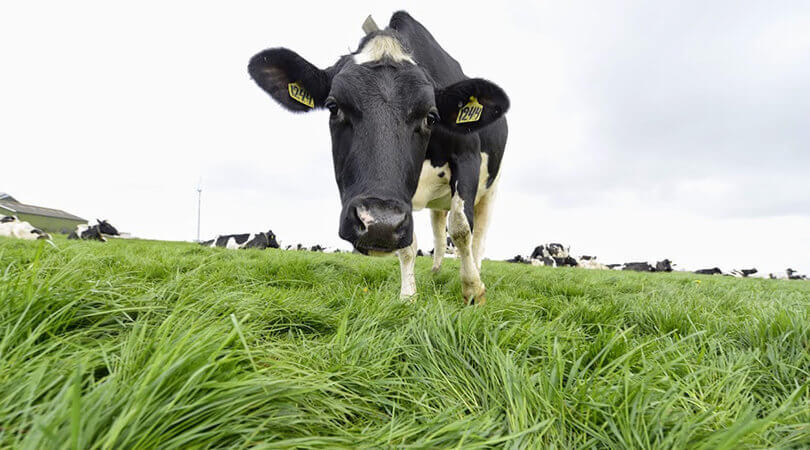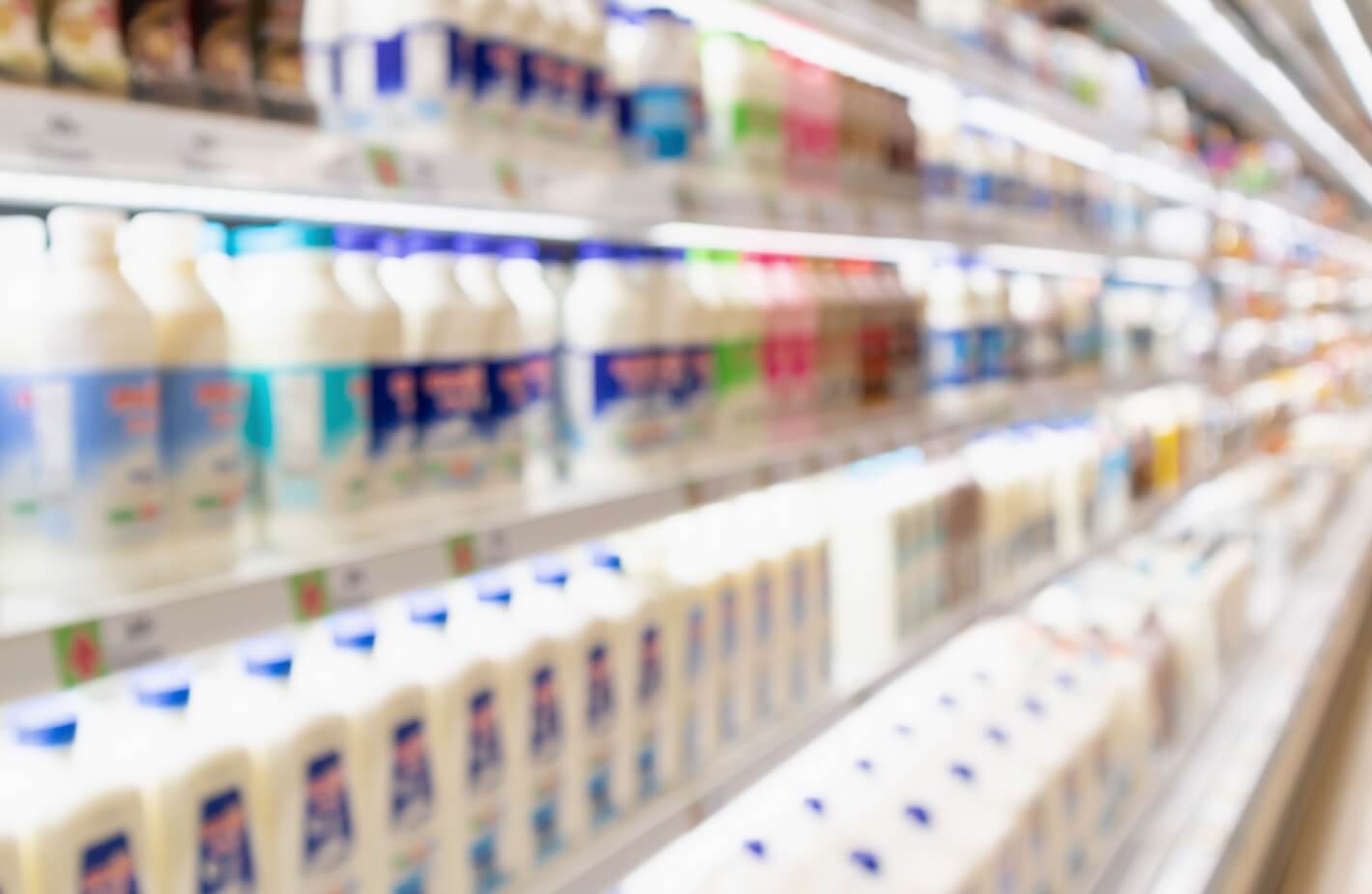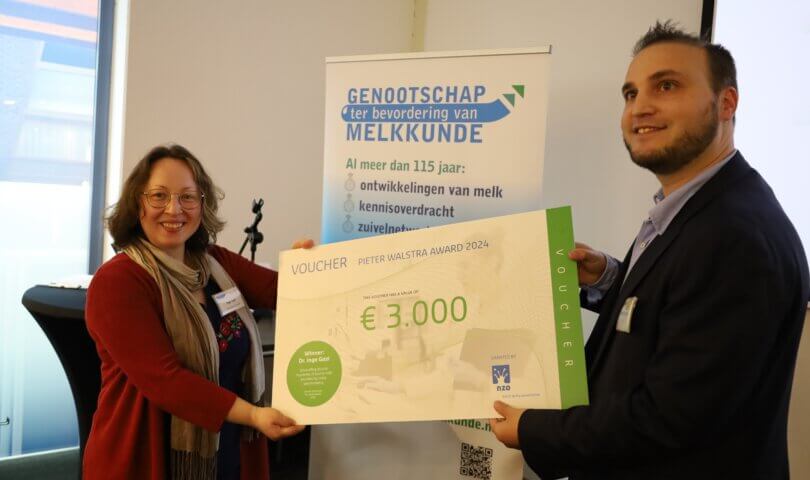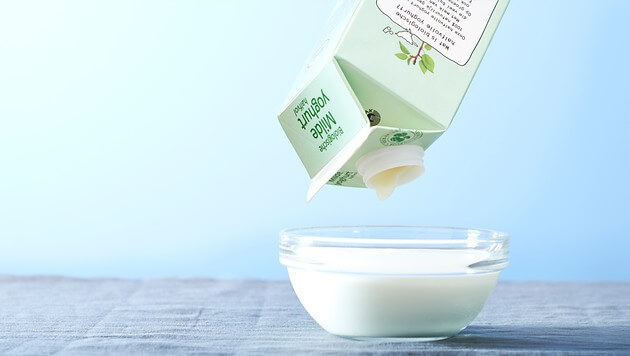

General
News overviewWhat will 2017 bring for the dairy sector?
The year is about to come to a close; what will 2017 bring for the dairy sector? The Dutch Dairy Association takes a moment to look ahead. What will the parliamentary elections mean for the sector? Will dairy prices continue to fluctuate? And how will trade negotiations develop and affect price?
Parliamentary elections
The elections for the Dutch parliament will take place in March. Many agricultural representatives are in good positions to win – at least according to current polls. The dairy sector needs the new parliament to take up the reins quickly. Preparing and implementing a well-developed phosphate rights system must be among their first priorities.
Dairy sector urges dairy farmers to reduce phosphate
In 2017, the dairy industry will take steps toward substantially lowering phosphate emissions from dairy farming. Together with representatives from LTO, NMV and NAJK, and in consultation with the Ministry of Economic Affairs and the European Commission, ZuivelNL has drafted the Phosphate Reduction Plan.
After it appeared that a legally mandated reduction of phosphate via phosphate rights would only be possible as of 2018 – rather than 2017 – the dairy sector took on the task of developing a plan. The plan should bring 2017 phosphate production by Dutch dairy farming under the phosphate ceiling. This will secure the derogation in 2017 and open avenues for derogation in the years after.
Dairy prices continue to fluctuate
The dairy market is known for its extreme price fluctuations. Peaks can quickly turn into valleys, and vice versa. Last year once again demonstrated this fact. After a period of steadily declining prices, in recent months the market has rapidly soared. Short supply and steady demand in dairy products led to increased milk prices, also for farmers.
Whether this trend will continue in the coming months is difficult to determine. The market overly depends on uncertain, largely international factors. In any case, price volatility will also typify the dairy market in 2017.
Trade negotiations influence prices
Brexit, TTIP, CETA: the trade agreements that countries expect to make this year between them will have major consequences for the international dairy market. Of all the milk produced by dairy farms around the world, a limited amount is traded internationally. This trade, however, has a huge impact on the prices of all milk and dairy products. For example, how Great Britain will decide this year to leave the European Union will be an important consideration. Or how the TTIP negotiations between the European Union and the United States progress – an agreement that would manage trade between the two powers.




